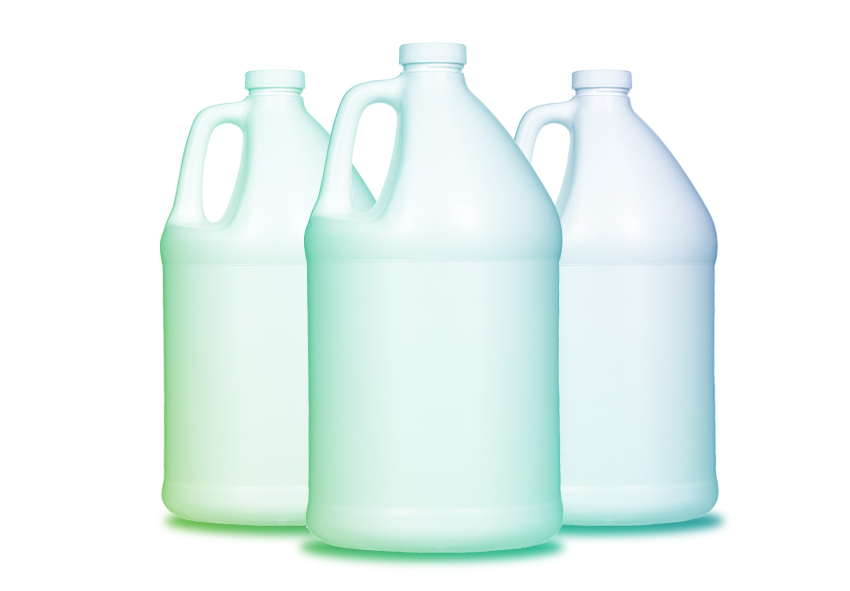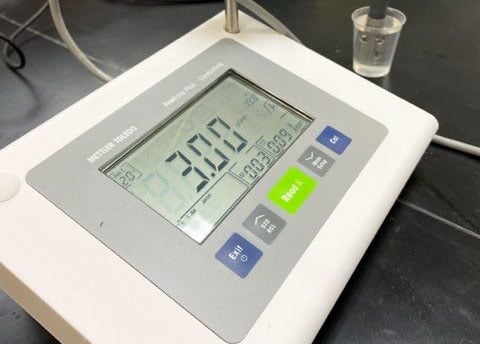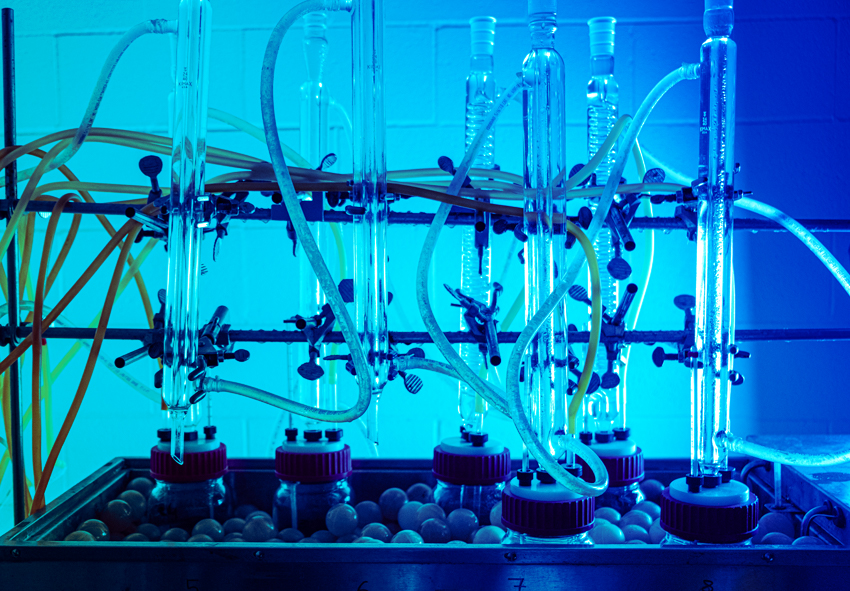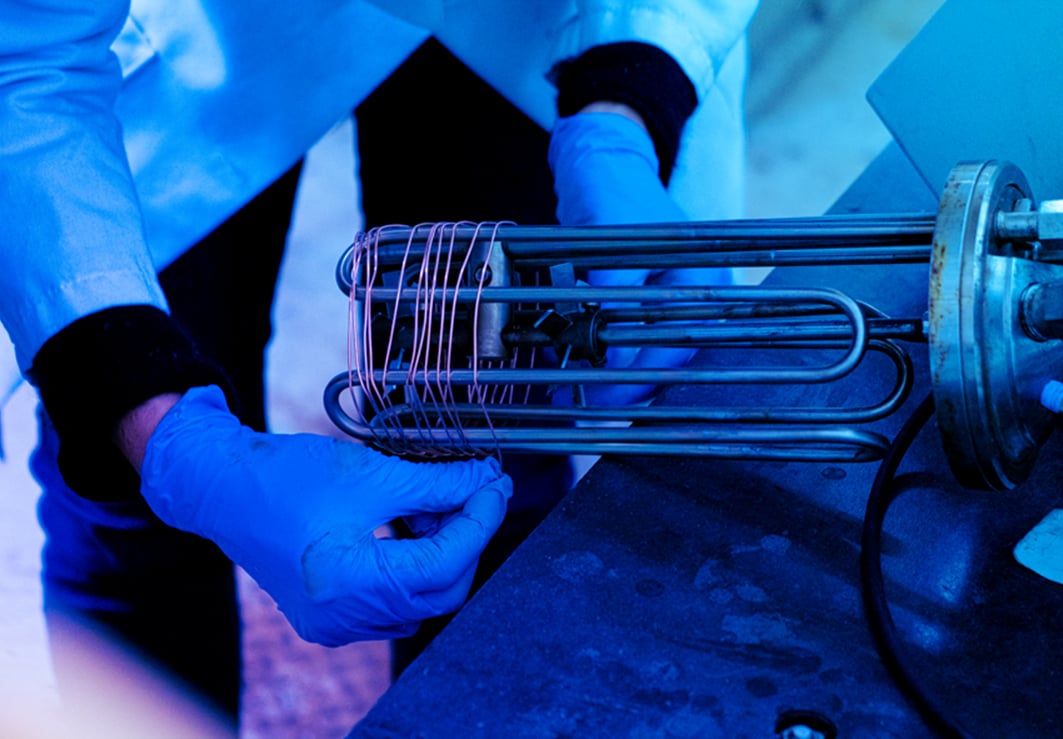Fuel cell VEHICLE ULC
THE FUEL CELL COOLANT OF THE FUTURE IS HERE
low-conductivity COOLANT FOR A FUEL CELL FUTURE
What does a coolant for fuel cell vehicles need to have?
-
Low electrical conductivity
-
Good thermal conductivity
-
Corrosion inhibition
-
Material compatibility
.png?width=300&height=400&name=2024-FC-ULC-Front-Website%20(1).png)
material compatibility testing
Fuel cell vehicles need protection of different materials throughout the fuel cell stack (compared with legacy internal combustion engine vehicles).
With Dober's material compatibility testing, have peace of mind that your coolant is protecting what it needs to protect. Test your materials with Dober (we might already have testing data for your materials).
Corrosion protection
DOBER'S FC ULC COOLANT VS. THE COMPETITION
Dober FC ULC coolant offers superior corrosion protection of important fuel-cell stack materials, including:
- Stainless Steel 304
- Aluminum Alloy 5052
- Stainless Steel 316L
- Aluminum Alloy 6061T6
We have a growing database of material compatibility testing data. If you're curious about a particular material's compatibility with our coolant, reach out to us and we can check if we already have testing data for it.
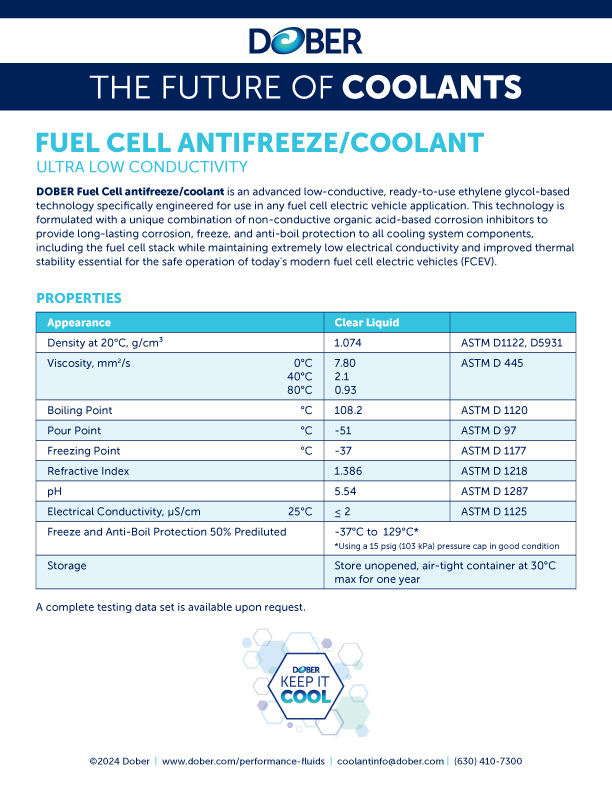
.png?width=250&height=333&name=2024-FC-ULC-Front-Website%20(1).png)
- FORMULATED SPECIFICALLY FOR FUEL CELL VEHICLES
- LOW ELECTRICAL CONDUCTIVITY
- CORROSION INHIBITION
- MATERIAL COMPATIBILITY TESTING AVAILABLE
WE PRIVATE LABEL
ARE YOU A BUSINESS LOOKING TO EXPAND YOUR PRODUCT LINE?
We have already invested in the resources to research and develop a product you’d be proud to call your own. By partnering with Dober rather than developing your own product, you will save time, money, and ultimately bring a finished product to market more quickly.
